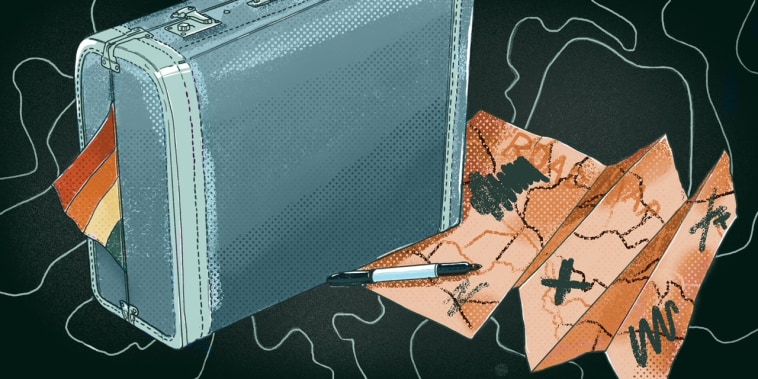Business travel has become increasingly complex and politically charged in recent years, due in part to the rise of more restrictive abortion laws and anti-LGBTQ legislation.
Traveling on behalf of a company to a state or country that has laws opposing your personal beliefs can be a difficult decision to make. The changing political and legal landscape puts many individuals and companies at risk for civil and legal repercussions by violating commonplace human rights.
The abortion and anti-LGBTQ laws are causing concern for travelers, as they can jeopardize travelers’ safety and human rights. These restrictions often have a direct impact on cultural and religious freedoms, making it a concern for both business and leisure travel.
In an era where technology has enabled access to new, more dangerous laws, companies must decide if engaging in business in areas with restrictive abortion laws and anti-LGBTQ legislation is worth the potential risks. There are many legitimate risks associated with traveling to states or countries that have such laws, such as interference with medically necessary services, loss of reproductive rights, and potential discrimination.
These issues have led some businesses to choose not to travel to anti-LGBTQ states and countries. For example, Apple CEO Tim Cook announced the company’s decision to no longer conduct business in North Carolina in response to the state’s anti-LGBTQ laws.
Given the growing number of states and countries with restrictive policies, it is becoming increasingly important for organizations and travelers to consider the implications of their business activities and how those activities affect the safety and human rights of individuals. Organizations have an obligation to ensure that they are compliant with the applicable laws in order to protect the well-being of their staff and customers, as well as themselves.
Business travel to places with restrictive abortion and anti-LGBTQ laws is uncertain and risky, and it requires careful consideration and preparation. Companies and individuals travelling on business need to be aware of the potential risks associated with entering a country or state with restrictive laws and take steps to minimize them.
Ultimately, travelers have the responsibility to determine if traveling to the destination is in the best interest and safety of all involved. Companies and travelers must take responsibility for their actions and ensure that their actions comply with existing laws to protect human rights and to prevent potential legal and civil repercussions.
